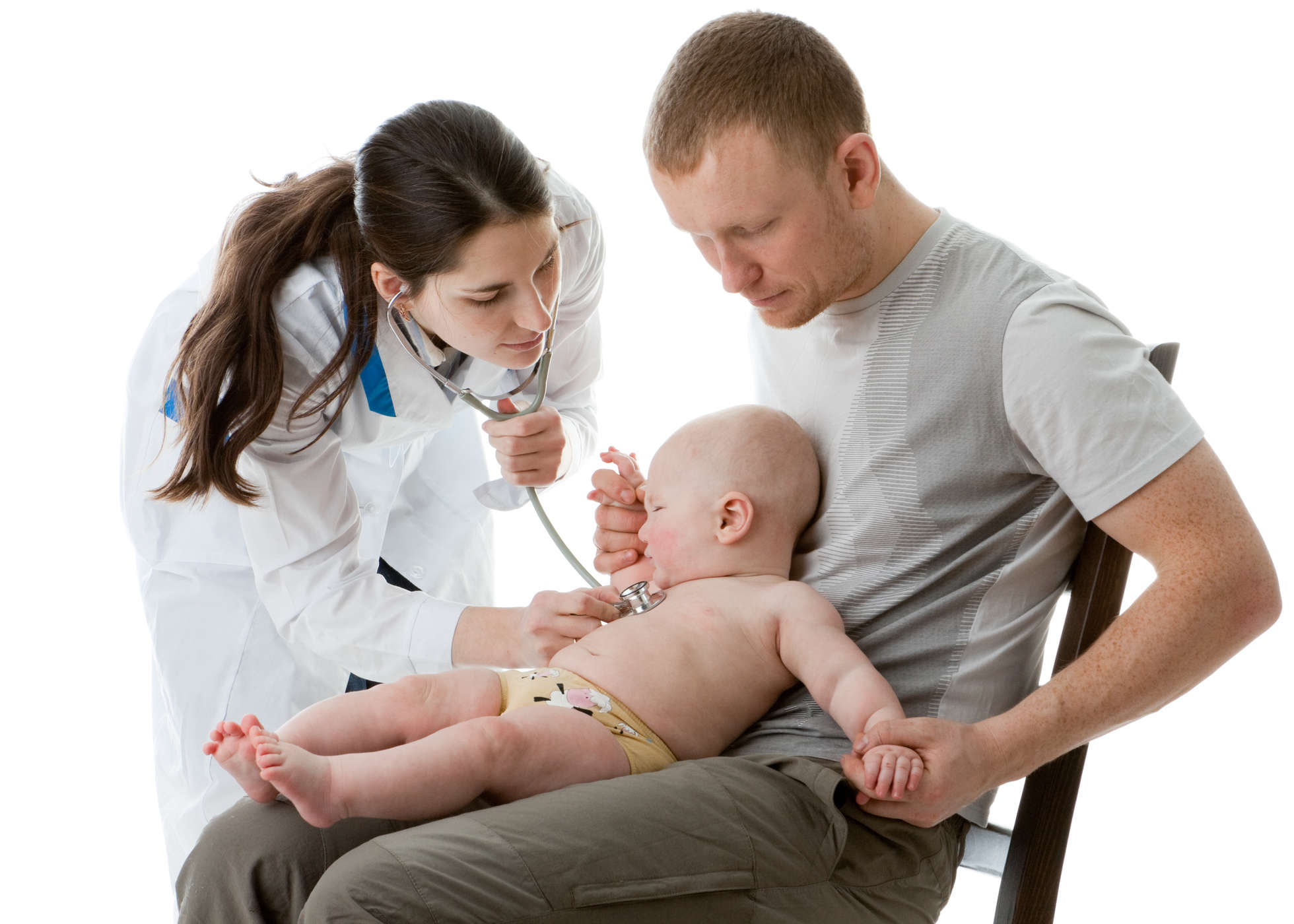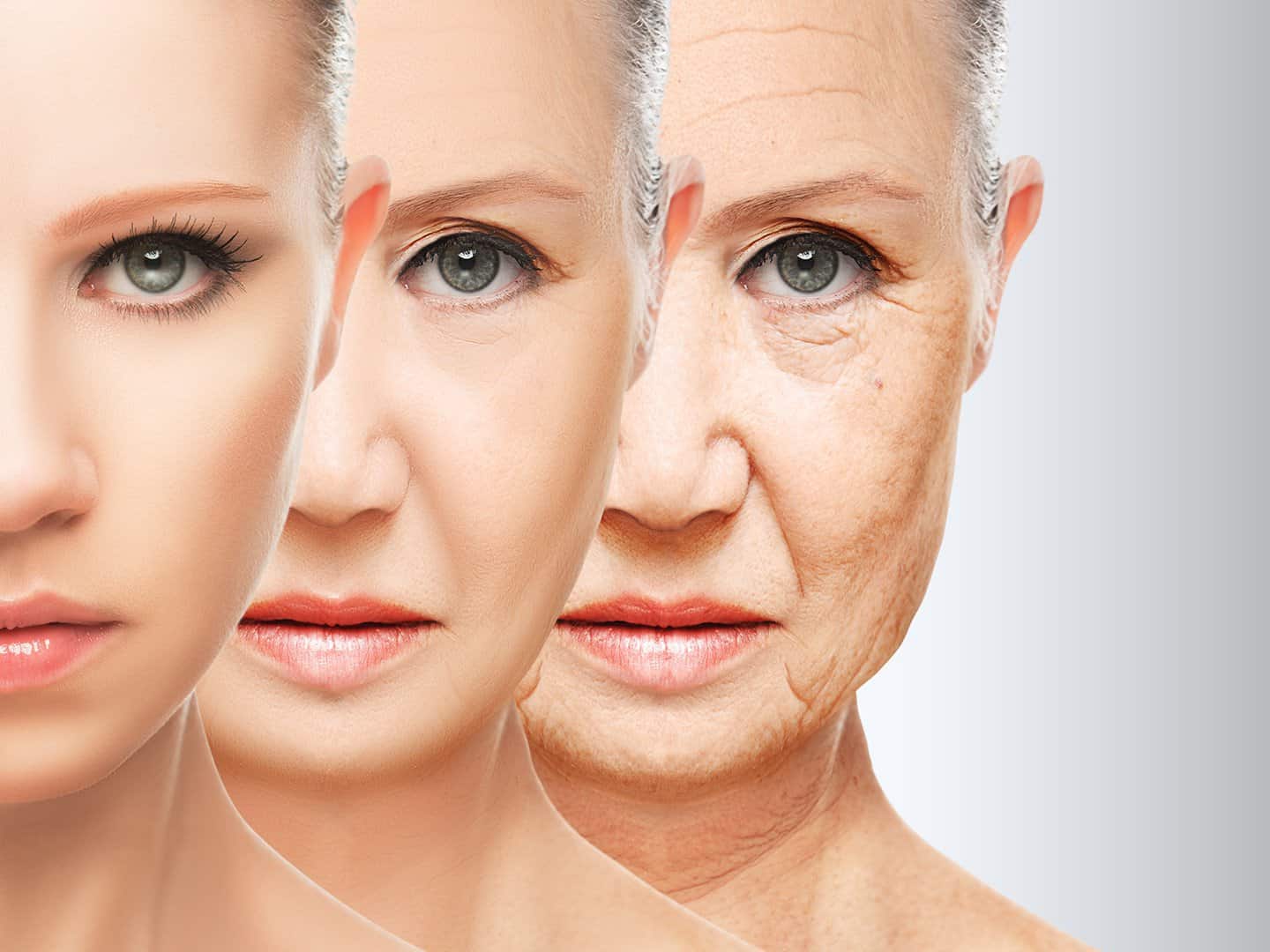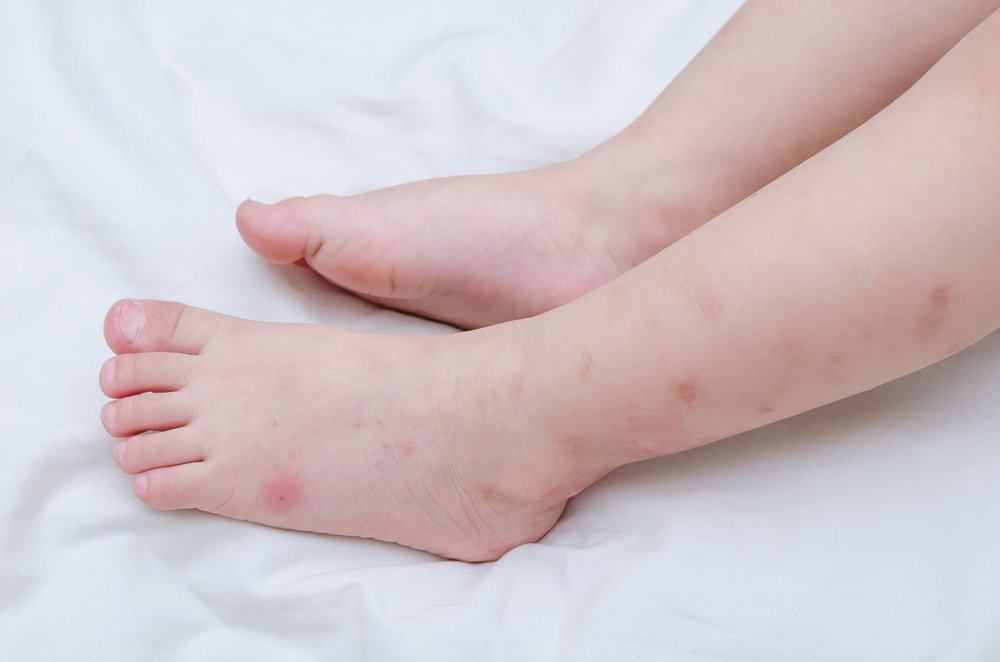Contents:
- Medical Video: Successful surgery for U.K. baby born with heart outside her body
- What is congenital heart disorder?
- What happens to babies with congenital heart defects?
- Factors in pregnant women that increase the risk of birth defects in infants
- 1. Genetic factors
- 2. Blood relations between mother and father (cosiness)
- 3. History of metabolic syndrome in pregnant women
- 4. German measles infection (rubella)
- 5. Take certain medications while pregnant
- 6. Phenylketonuria (PKU) condition
- 7. Use of cigarettes and drugs
- 8. Exposure to chemicals
- Genetic abnormalities in infants can also trigger heart defects
- 1. Single genetic disorder (gene mutation)
- 2. Chromosomal abnormalities
Medical Video: Successful surgery for U.K. baby born with heart outside her body
The heart is a vital organ that functions to drain blood throughout the body. Very many factors that affect the health and function of the heart starting from lifestyle, to one's genetic factors. However, heart defects in babies often occur since the baby is still in the womb, so he was born with a condition of having congenital heart abnormalities.
What is congenital heart disorder?
Congenital heart abnormalities or congenital heart defects are conditions of an imperfect heart structure. This of course will affect the heart's performance in maintaining blood flow. However, not everyone experiences symptoms or impaired heart function if he is born with congenital heart abnormalities.
Heart defects in babies are marked by bluish colors on the nails, skin and lips. While the health problems that can be caused due to congenital heart disorders can be a disruption of growth and nutrient intake, as well as some symptoms such as frequent shortness of breath, dizziness, and easy to feel tired. Health problems in general will inhibit the activity of congenital heart patients, and can appear at various ages and even settled into adulthood.
What happens to babies with congenital heart defects?
Basically, heart defects in infants which are a disease of the disease are caused by imperfections in the heart's structure, such as the presence of holes and valves that cannot close perfectly. Some types of heart structural abnormalities can be distinguished as follows:
- Heart valve abnormalities - causes interference with blood flow; if the valve is too narrow, the blood cannot flow smoothly, and if the valve cannot close properly, there will be a leak of blood flow and blood flowing backwards.
- Heart wall abnormalities - the leakage of the left and right heart separation walls so that the incoming blood mixes with the blood that will come out of the heart.
- Heart muscle abnormalities - causes the heart not to pump blood properly, this is at risk of causing heart failure.
- Vascular abnormalities - causes abnormal blood flow from the heart to other vital organs or vice versa. This can also cause heart failure.
Factors in pregnant women that increase the risk of birth defects in infants
It is not known exactly why babies can be born with an imperfect heart condition. However, some conditions for the mother during pregnancy can increase the risk of babies born with heart defects, including the following:
1. Genetic factors
Heart defects in infants are more likely to occur in families with a history of similar heart disorders. Both husband and wife genetic factors can increase the risk of developing an abnormal heart baby in infants. However, the interaction of other factors during pregnancy can also be influential.
2. Blood relations between mother and father (cosiness)
Marriage with kinship that is too close can increase the risk of various congenital abnormalities, one of which is congenital heart abnormalities. In a study in Pakistan, infants born to consangual partners had a 2.59 times greater risk of developing heart defects.
3. History of metabolic syndrome in pregnant women
Uncontrolled blood sugar conditions, or diabetes and obesity before and during pregnancy, can interfere with fetal development so that it can increase the risk of giving birth to babies with congenital heart disorders.
4. German measles infection (rubella)
Rubella infection can inhibit heart development in the fetus. Rubella vaccination before pregnancy is the most appropriate way to prevent this.
5. Take certain medications while pregnant
Some medications during pregnancy can increase the risk of imperfect fetal development, such as drugs to relieve seizures, ibuprofen drugs, acne medications with isotretinoin, topical drugs with retinoids, and anti-depressants containing lithium. In addition, some types of antibiotics and antiviral drugs consumed during pregnancy in the first trimester also increase the risk of giving birth to babies with congenital heart defects.
6. Phenylketonuria (PKU) condition
Pregnant women with a history of uncontrolled PKU conditions can cause their babies to experience congenital heart abnormalities. But this can be overcome by applying an appropriate diet by limiting protein consumption.
7. Use of cigarettes and drugs
Several studies reported on the American Heart Association page show that drug use with cocaine and marijuana by pregnant women can double the risk of triggering heart defects in infants. The same thing is also found in pregnant women who have smoking habits.
8. Exposure to chemicals
This can occur very easily through the respiratory tract and skin. There are several types of chemicals that can interfere with fetal development in the womb, including:
- Organic solvents - such as paint, coloring, and thinner liquid
- Agricultural chemical substances - such as pesticides, herbicides, and rodenticides
- Air pollutants - smoke exposure such as monoxide which occurs continuously for 3-8 weeks during pregnancy
- Water pollutants - as trichlorethylene (TCE), a type of solvent that is often used in the textile industry
Genetic abnormalities in infants can also trigger heart defects
In addition to the condition of the baby's parents, congenital heart defects can also occur if the baby experiences certain conditions, including:
1. Single genetic disorder (gene mutation)
This can affect the formation of organs and health of an individual. Some single genetic disorders can increase the risk of congenital heart disease, including:
- Marfan syndrome
- Smith-Lemli-Opitz syndrome
- Ellis-van Creveld syndrome
- Holt-Oram syndrome
- Noonan syndrome
- Mucopolysaccharidoses
- Alagille syndrome
2. Chromosomal abnormalities
Chromosomes are carriers of genetic material that will determine the formation of organs. About 30% of heart defects in infants are accompanied by infant chromosome abnormalities. Here are some types of chromosomal abnormalities that can affect baby's heart development:
- Down syndrome (Trisomy 21)
- Trisomy 18 and trisomy 13
- Williams syndrome
- Turner's syndrome
- Cri-du-chat syndrome
- Wolf-Hirshhorn syndrome
- DiGeorge syndrome (22q11)












